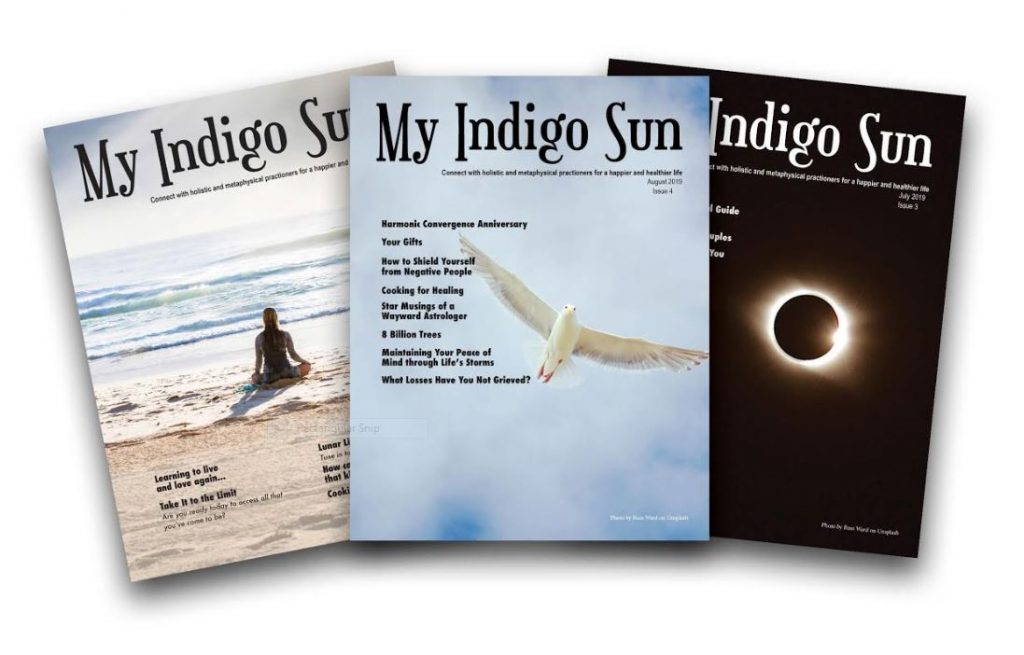What the Japanese Bushido Spirit means for us today
We are all leaders in some sense. Whether you are in a position of authority as a parent, coach, teacher, office manager, or even CEO, you are, at the very least, leader of your own destiny – a destiny that is constructed of the constant chain of decisions you make – big and small- minute by minute, day by day. Sometimes, especially when having to make a crucial decision, it can feel as though you are on your own with no one to guide you. Those are the moments when it is most beneficial to have a code of ethics to fall back on for direction. Ingraining that code so that it becomes a road map to a successful, happy life through good times and bad is a matter of conscious attention, refection, and practice.
In all honesty, this is not a new idea. People of all cultures have long understood the value of guiding principles. However, understanding and doing are two different things, especially in times of stress. Challenges can easily knock us off course if we are not firmly rooted in our convictions.
The Bushido Spirit of Japan is an exemplary code of conduct that has guided Japanese culture for centuries. Reflecting on and adopting the tenets of this age-old Japanese teaching can help us to face our challenges so that we and those we lead can thrive.
“What exactly is Bushido Spirit?” you may ask. Translated literally as “the warrior’s way,” Bushido describes the code of Samurai attitudes, behavior, and lifestyle. Although its origins are unclear, Bushido probably began about 800 years ago during the Kamakura period in Japan as the integration of traditional swordsmanship and the religious teachings of Buddhism, Shintoism, and Confucianism. Evolving over the centuries, Bushido has come to be known as ‘The Soul of Japan’ and influences nearly every aspect of Japanese society.
To understand the basics of Bushido Spirit is to understand its seven virtues. Let’s walk through them one by one and consider how we might apply them to our everyday lives. I hope that as you contemplate these virtues and reflect on how they may apply to your immediate problems, you will find something that touches your heart and stirs your soul. Please prepare a nice cup of coffee or tea, put on your favorite meditative music, and relax… Let’s begin.
1. Integrity and Righteousness
Living in integrity means adhering to moral conduct and maintaining an inner “wholeness” that is honest and true. This includes making decisions that are true to your values, no matter how difficult they may be. Your decisions should also accord with common sense, value and maintain the order of society and community, and be aligned with Justice.
*Look within yourself and contemplate whether you have such integrity. Do you act according to the values, beliefs, and principles you claim to hold? Are you holding fast to your inner sense of truth?
2. Courage
Sometimes you need courage to do the right thing, take firm action and speak out against injustices. True courage is unshakable under any circumstance.
*How have you acted under pressure situations? Did you remain fast in your convictions and act and speak out for what you believe to be right?
3. Respect
Respect is the foundation of our communication with one other. To be respectful is to be mannerly, kind, and courteous to others. But it must come from a pure heart; a superficial act of respect is not truthful.
*At the end of each day, think about your interchanges with others. Were you kind? Were you considerate, attentive?
4. Compassion
To be compassionate is to be sympathetic, charitable, and understanding, to be warm-hearted and loving towards others.
*What is the tendency of your love? Do you look to give love, or only to take love from others?
5. Honesty and Sincerity
An honest person is truthful with others as well as him or herself. An honest person does not lie, cheat or make excuses, and always keeps his or her promises.
*Are you completely truthful with yourself and others? Is your word your bond, or have you hidden behind untruths or conscious omissions of the truth? If so, reflect on what you are hiding and why.
6. Honor
Honor is a personal as well as social opinion of one’s character. On a personal level, honor is a sense of integrity, decency, and honesty. As a barometer of social standing, honor is bestowed on those who uphold their personal ethos and abide by their society’s code of conduct. Shame and disgrace are the opposite of honor. Honor also conveys a sense of nobility, or exalted moral excellence.
*Are your thoughts and actions noble? Do you speak and act with decency? Is there anything you have done or said that you are ashamed of?
7. Duty and Loyalty
Duty and loyalty often require selflessness, to put the concerns of others before your own.
*Reflect on how egoistic you can be. Do you do for others before thinking of yourself?
I would also like to stress the importance of faith as the backbone of the true Bushido Spirit. Having faith in a higher power and a spiritual life that extends far beyond our worldly existence aligns our mind and heart with “Universal Truth.” Such faith enables us to understand and commit to what is right as seen from a higher perspective and to be more courageous, humble, and caring for others. Faith is the path to inner virtue which we must not forget.
These basic virtues of the ancient Bushido Spirit can serve as guideposts for your life today. They are old teachings that stem from eastern traditions, but “Truth” is timeless and universal.
If you practice these Bushido virtues daily, you will surely burnish your soul and become a lighthouse in this complex world, someone whom people will trust and admire, regardless of whether you are a top executive of a company or a homemaker caring for your family. I believe that we need more of such “True Leaders” in today’s world.
Lastly, I would like to leave you with this line from the new film “The Cherry Bushido.”
“One Day, One Life-Live today with no regrets.”
By Yoichi Utebi
Yoichi Utebi is a world lecturer for Happy Science and a producer on “The Cherry Bushido,” a film from Japan about a young Kendo (Japanese swordsmanship) devotee and group of friends who unite to restore the Bushido Spirit and protect Japan from threat of extinction by its neighboring country. “The Cherry Bushido” will be released in limited theaters in North America this March.




